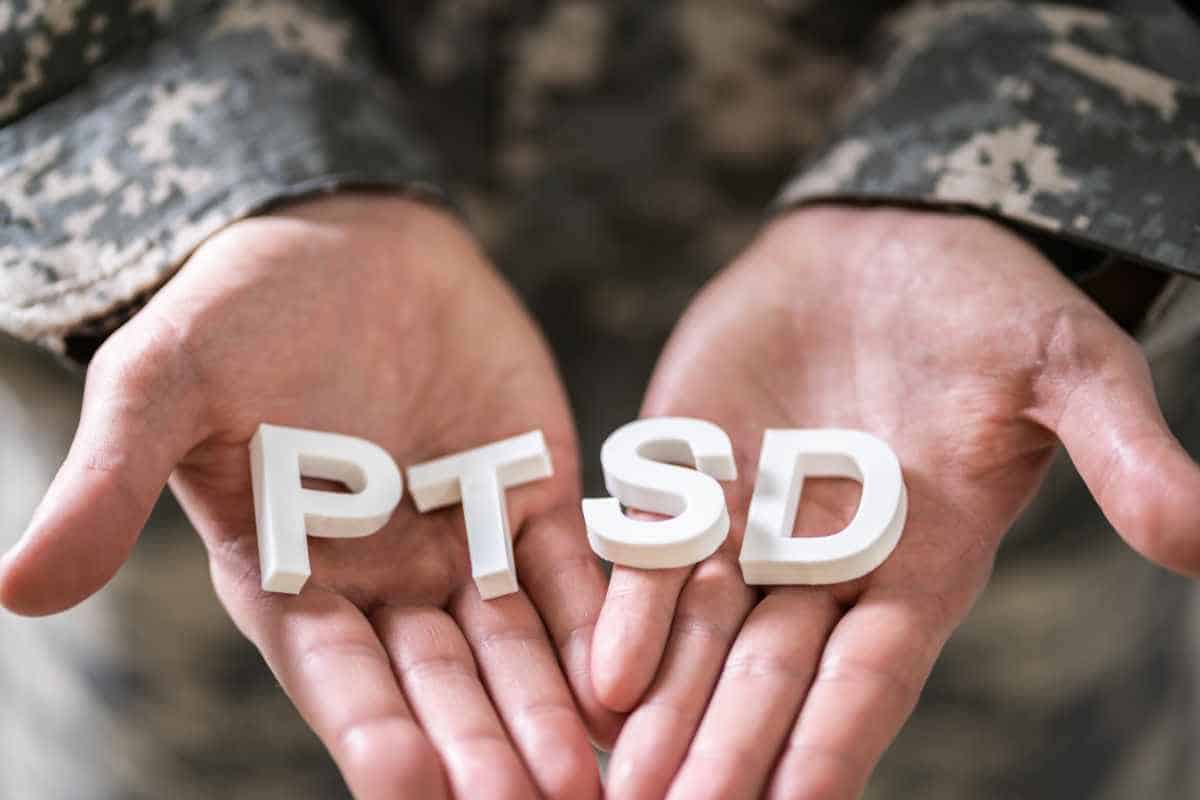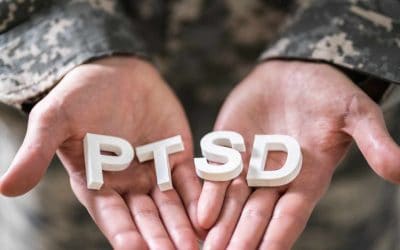Healthy relationships are a cornerstone of a productive, happy life. For those in recovery, maintaining healthy relationships with others can promote feelings of comfort, security, and trust; through relationships, individuals in recovery can find the strength to achieve their sobriety goals.
Different Types of Healthy Relationships
While it is natural to interpret “relationships” as referring to romantic or sexual partnerships, healthy relationships of all types are essential for individuals in recovery. Having positive, supportive relationships with friends, romantic partners, coworkers, family members, neighbors, faith leaders, and more can make a significant difference in the success a recovering individual may experience. These relationships can have a lasting positive impact on the individual’s life, as well.
Friendships, family relations, and romantic relationships may suffer from a substance use disorder, and part of recovery may involve acknowledging this fact and pursuing reconciliation where possible. Developing new relationships and renewing old ones requires honesty, transparency, and sincerity, and you will want to make sure that these relationships are all supportive of your sobriety goals.
Why Healthy Relationships Are Key
Having healthy relationships during recovery offers numerous benefits to those who are striving for sobriety. By prioritizing honesty, open communication, and mutual support of individual goals, recovering individuals can ensure that their relationships are built on strong foundations and suitable for their path to recovery. Additional benefits of healthy relationships include:
- Feelings of safety and security
- Mutual trust, respect, honesty, and encouragement
- Genuine compassion, tenderness, and love
- Healthy boundaries among all parties
- Productive vulnerability
- Enhanced self-esteem, confidence, and general wellness
In healthy relationships, recovering individuals can feel safe, supported, and secure, reducing the risk of relapse through the development of strong bonds. You will benefit immensely from prioritizing healthy friendships, family connections, and other relationships on the path to recovery. Such relationships promote effective communication, mutual support, honesty, and loyalty, which can help encourage recovering individuals as they progress.
The Harmful Impact of Unhealthy Relationships
In any relationship, conflict and hardships are practically inevitable, but unhealthy relationships are their own entity. They are especially dangerous to individuals in recovery. Unhealthy relationships may take different forms and cause different kinds of harm to individuals pursuing sobriety; the most common types of unhealthy relationships on recovering individuals include toxic relationships, enabling relationships, and codependent relationships.
A toxic relationship is any kind of relationship between individuals that threatens one or both members’ safety, happiness, and sobriety. In most cases, the most toxic relationships to recovering individuals were formed or fostered while the individuals were still using. Continuing to engage in these relationships will likely result in a toxic environment, as surrounding yourself with individuals who do not share your current values or support your goals of sobriety can easily compel you to abandon your journey and use again.
Any relationship that threatens your mental or physical health can be considered toxic, so abusive relationships, especially ones that may have contributed to substance use in the past, are also especially toxic to your recovery. Some common characteristics of toxic relationships in general include:
- Emotional, verbal, financial, or physical abuse
- Lack of respect for boundaries and emotions
- Nonconsensual controlling or dominating dynamics
- Guilt-tripping, blaming, or shaming behavior
- Efforts to isolate, exclude, or neglect
- Inequality or unfairness
- Invalidation, put-downs, and bullying
Enabling Relationships
Another harmful type of relationship is an enabling one; an individual in an enabling relationship may find that the other person is encouraging them to resume or continue their substance use. Depending on the person, enabling can be direct or indirect. Direct enabling can entail supplying individuals with substances or money to obtain them. In contrast, indirect enabling could involve lying to others about your substance use to protect you from the consequences of your behavior. Regardless of the type of enabling in this kind of relationship, the practice is dangerous to individuals in recovery because it offers the wrong kind of support and can easily lead you back into old habits.
Enabling is a common feature of codependent relationships, as well. Recovering individuals may find that other people in their lives believe that they are dependent on their love, support, affection, and approval. To obtain these things from the recovering individual, these people may believe that they need to support or even encourage their substance use. Codependent relationships are dangerous for those in recovery because of the enabling tendencies of others and the temptation of devotion that accompanies the relationship.
Being mindful of the dangerous kinds of unhealthy relationships to recovering individuals can help them challenge harmful patterns of interaction, avoid individuals who threaten their sobriety, and make positive choices regarding who they choose to spend time with.
Pursuing recovery is a battle, but it is not one that you have to fight alone. At Sober Life, we recognize the importance of a healthy support system on the path to recovery. Developing and maintaining healthy relationships as you strive for sobriety can help you achieve your goals and pursue a healthier lifestyle. By understanding the healthy kinds of relationships and the benefits of having them, you can also identify unhealthy relationships you can remove yourself from, limiting the number of harmful influences on your recovery and promoting healthier habits. Fostering healthy relationships in recovery can give you a critical support system founded on mutual trust, respect, and honesty, and these relationships can form a new standard for your future. If you are struggling with substance use and are seeking help, call Sober Life at (619) 542-9542 to learn more about the recovery process and how healthy relationships are a cornerstone of success.













